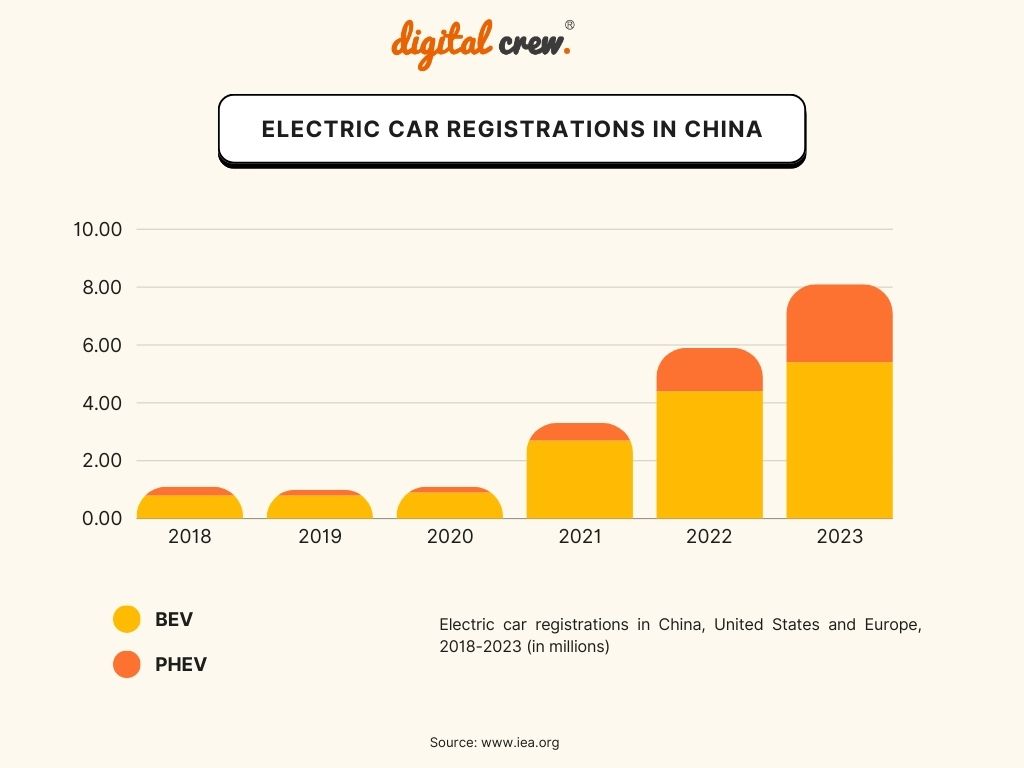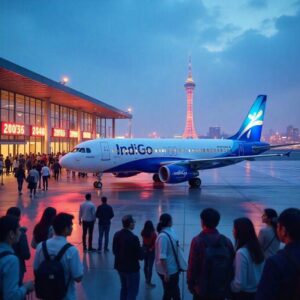The global automotive landscape is evolving rapidly, with electric vehicles (EVs) and autonomous driving technology at the forefront.
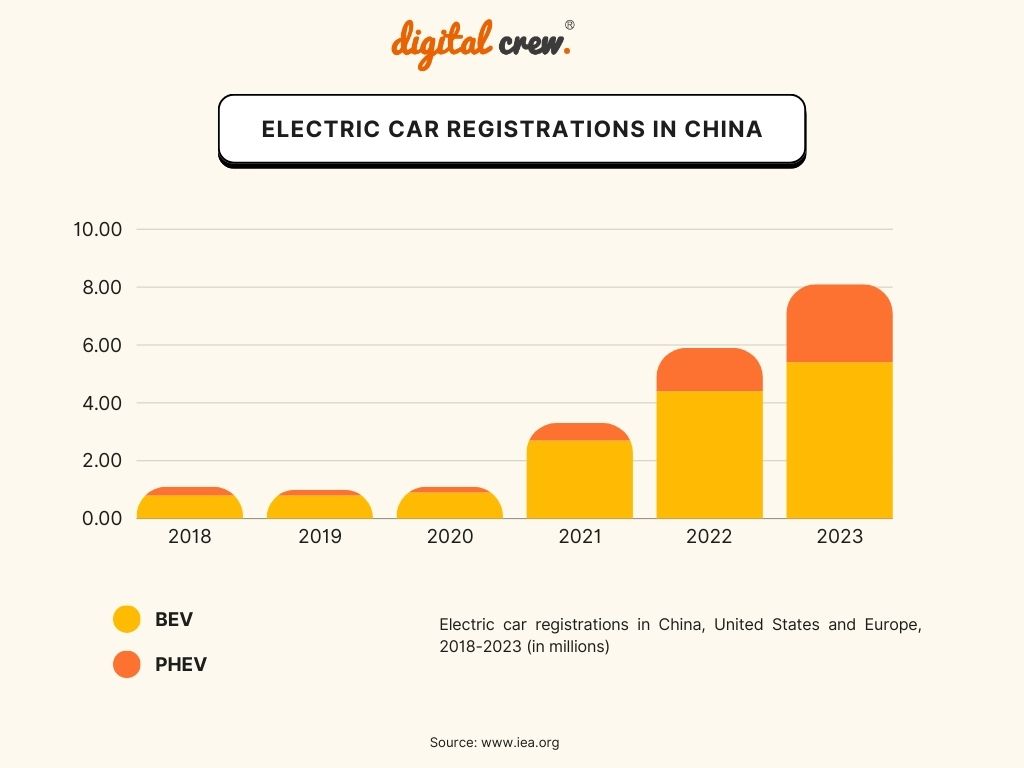
While Tesla has long been a dominant force in the EV market, the future of this industry may very well be shaped by Chinese companies. Notably, Baidu has recently made headlines by beating Tesla to the punch in the robotaxi race, signaling a significant shift in the dynamics of automotive innovation.
China’s EV Market: A Glimpse into the Future
China’s electric vehicle market is the largest in the world, with an expected growth from $124.2 billion in 2021 to a staggering $799 billion by 2027. Chinese manufacturers, such as BYD, SGMW, and GAC, have become formidable competitors, pushing the boundaries of EV technology and affordability. Unlike Tesla, which primarily focuses on high-end electric cars, these companies are producing a wide range of vehicles that cater to different market segments, making EVs accessible to a broader audience.
Tesla, despite its global reputation, holds only about 6.6% of the market share in China. This underscores the intense competition and the rapidly evolving preferences of Chinese consumers, who are increasingly favoring domestic brands for their affordability and innovative features. As the market continues to grow, Chinese EVs are poised to dominate not just locally but potentially globally, challenging Tesla’s supremacy.
The Rise of Baidu’s Apollo Go in Wuhan
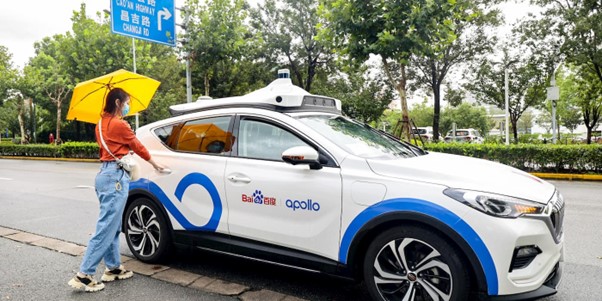
Wuhan, a city with deep roots in the automotive industry, has become the epicentre of Baidu’s autonomous driving ambitions. The company was one of the first to secure a business license to operate autonomous vehicles in the city, and by 2022, it had received permission to deploy fully driverless taxis on public roads. Today, Baidu’s Apollo Go fleet, consisting of 400 robotaxis, is a common sight in the city, covering an impressive 3,000 square kilometers.
These robotaxis have quickly gained popularity, primarily due to their affordability. A ride in an Apollo Go vehicle can cost as little as 4 yuan, a fraction of the price of a traditional taxi. This pricing strategy has helped Baidu capture a significant share of the market, with its robotaxis fulfilling up to 20 orders per day—outpacing traditional ride-hailing services.
How Baidu Beat Tesla in the Robotaxi Game
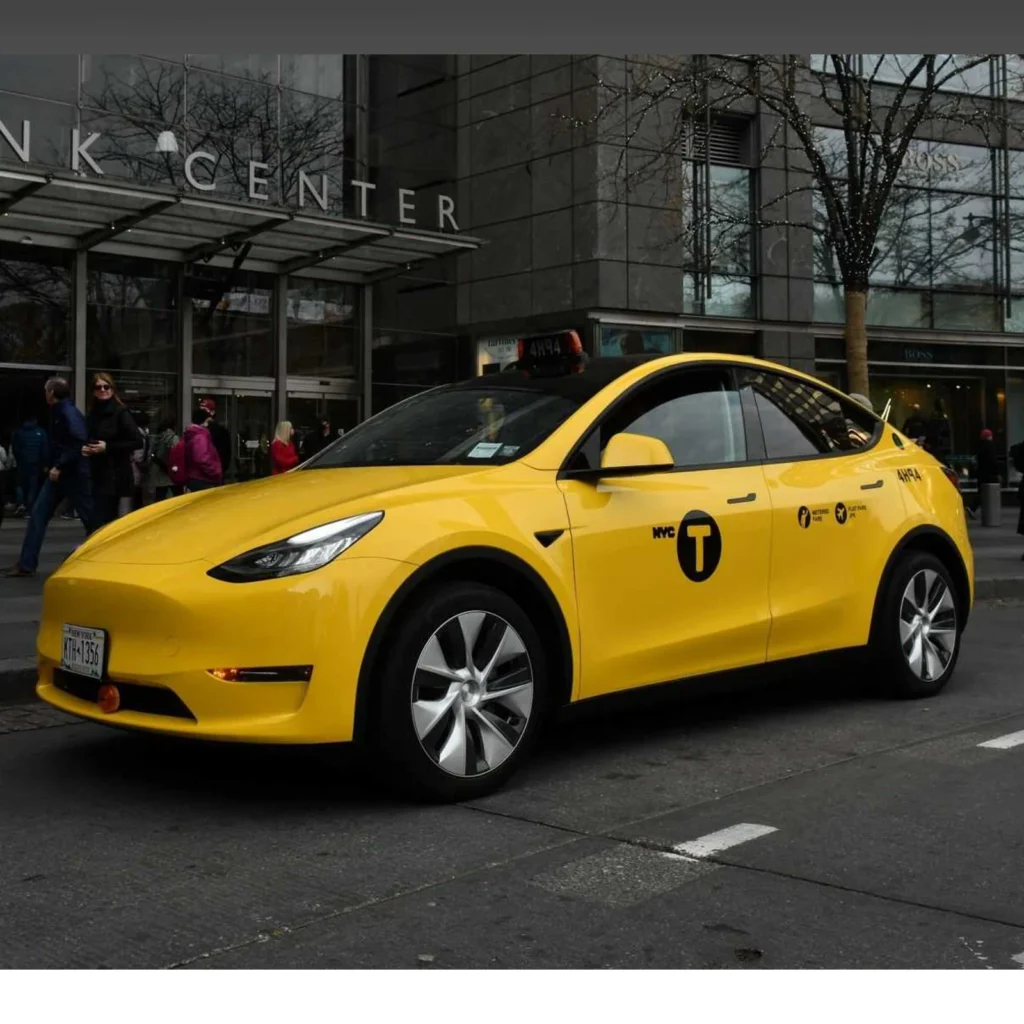
Tesla’s ambitions in the autonomous vehicle space are well-known, but in China, it’s Baidu that has taken the lead. Baidu’s Apollo Go service operates at a scale that Tesla has yet to achieve, primarily due to the company’s extensive experience in AI and mapping, crucial components for autonomous driving. Furthermore, Baidu has secured necessary permits and local government support, allowing it to deploy fully driverless vehicles on public roads.
Tesla, on the other hand, is still in the process of launching its Full Self-Driving (FSD) system in China. The company has partnered with Baidu to integrate advanced mapping software into its vehicles, a move that highlights the importance of local expertise in navigating China’s complex regulatory and urban environments. While Tesla remains a significant player, Baidu’s early success in the robotaxi space showcases how local companies can out maneuver even the most formidable global giants.
Public Backlash and Safety Concerns
Despite its rapid adoption, Baidu’s robotaxi service has not been without controversy. The low cost and widespread availability of Apollo Go rides have sparked concerns among traditional taxi drivers and ride-hailing service providers, who are feeling the squeeze from this new competition. Additionally, the technology itself has come under scrutiny, particularly after an incident in which an Apollo Go vehicle collided with a pedestrian in Wuhan. While the accident was minor, it ignited a heated debate on social media about the safety and reliability of autonomous vehicles.
Residents of Wuhan have also expressed frustration with the robotaxis’ tendency to cause traffic jams. Viral videos showing long lines of cars stuck behind a slowly moving Apollo Go vehicle have added fuel to the fire, leading to widespread discussions about the impact of autonomous vehicles on urban traffic management.
The Broader Implications of Baidu’s Success
Baidu’s success with Apollo Go is not just a story about one company’s technological prowess; it also reflects broader trends in China’s automotive and tech industries. As the world’s largest market for electric vehicles (EVs), China is rapidly becoming a global leader in autonomous driving technology.
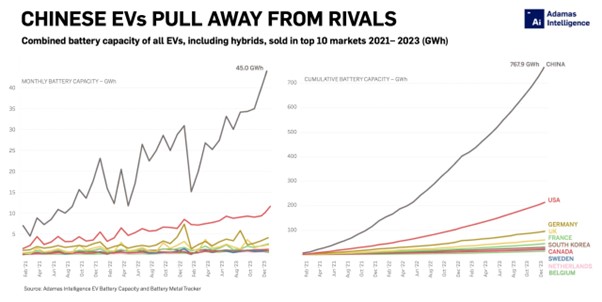
The competition between local giants like Baidu and international players like Tesla is intensifying, with both companies vying for dominance in this emerging field.
Tesla, while a formidable competitor, has found itself playing catch-up in the Chinese market. Although it plans to introduce its Full Self-Driving (FSD) system in China soon, Baidu’s early lead with Apollo Go gives it a significant advantage. Tesla’s partnership with Baidu for advanced mapping software highlights the complexities of operating in China’s highly regulated environment, where local expertise can be a decisive factor.
What’s Next for Baidu and the Autonomous Driving Industry?
The future of autonomous driving in China is promising, but it’s not without challenges. Baidu has set an ambitious goal to make Apollo Go profitable in Wuhan by 2025, a target that will require continued innovation and expansion. As other Chinese cities like Changsha and Jinan begin testing robotaxi schemes, Baidu’s model could become the blueprint for urban transportation across the country.
However, the controversies surrounding safety and job displacement will need to be addressed. The public’s concerns are valid, and how Baidu manages these issues will likely determine the long-term success of its autonomous driving program.
A New Era for Urban Mobility
Baidu’s Apollo Go is more than just a robotaxi service; it’s a symbol of the rapid technological advancements taking place in China. While there are significant hurdles to overcome, the success of Apollo Go in Wuhan indicates that autonomous driving is not just a futuristic dream but a present-day reality. As Baidu continues to refine its technology and expand its reach, the world will be watching closely to see how China leads the next wave of innovation in urban mobility.








